Saudi universities entice top scientists to switch affiliations in exchange for cash: Report
Research institutions in Saudi Arabia are gaming global university rankings by encouraging top researchers to change their main affiliations, sometimes in exchange for cash, a report says.
That’s the conclusion of a report, recently published by SIRIS Academic, a consultancy in Spain's Barcelona, which shows how dozens of the world’s most highly cited researchers have switched their primary affiliations to universities in the country over the past decade.
That, in turn, has boosted the standing of Saudi Arabian institutions in university ranking tables.
“We have found a pattern of sudden appearance of a Saudi primary affiliation,” says Yoran Beldengrün, who co-authored the report.
“Gaming practices and misleading affiliations feed suspicions about the reliability of science,” adds the report.
Experts maintain a key element in this academic fraud is Clarivate’s prestigious Highly Cited Researchers list, which ranks the hundreds of researchers whose studies are most often cited by other academics.
An institution with more staff on the Clarivate list will be ranked higher on the influential Academic Ranking of World Universities, also known as the Shanghai Ranking.
The analysis looked at the list of highly cited researchers (HCRs) maintained by publishing-analytics firm Clarivate, which features scholars whose papers rank in the top 1% most cited papers in Clarivate’s Web of Science database for a given field or year.
The report found that the number of researchers on the list who have a primary affiliation in Saudi Arabia increased from 27 to 109 between 2014 and 2022.
These researchers work in a range of disciplines, and many have secondary affiliations in countries, including Spain, China, the United Kingdom, Germany and India.
The trend means that Saudi Arabia is disproportionately flush with HCRs: in 2022, 0.44% of its researchers were HCRs, compared with 0.19% of US scholars and 0.08% of German researchers.
Domingo Docampo, a mathematician at the University of Vigo in Spain who consults for SIRIS, said, “The high number of highly cited researchers is the main reason why some Saudi universities are ranked among the top 150 worldwide.”
Saudi Arabia’s two oldest universities – King Abdulaziz University and King Saud University – reportedly pay up to $77,000 a year for highly cited researchers to list them in the Clarivate database as their primary academic affiliation even though they are employed by other institutions.
A report published on Saturday said two Dutch scientists accepted an offer to falsely change their main institute to Riyadh-based King Saud University (KSU), naming the university first in three publications a year.
The Dutch scientists had received e-mails from KSU officials, offering them €70,000 a year and €50,000 in additional funds for their projects.
By naming KSU as their primary employer, the university would rise in the prestigious Shanghai Ranking while the scientists’ original university would sink in the ranking.
Dutch scientist Jan-Willem van Groenigen confirmed that King Saud University offers even more money. On October 28, 2019, he received a message from a professor at the Saudi institution who offered him “an annual salary of $70,000” for lying in the Clarivate database.
“I never bothered to respond,” he said. “It is a disgrace if scientists accept such an offer, and extremely disreputable and unfair to the institute or university where they are employed,” said van Groenigen, an expert in soil science at Wageningen University (Netherlands). His colleague, Ken Giller, says he also turned down a similar offer.
The fraud is highlighted in the Clarivate data. Seventy-seven percent of the highly cited researchers who list a Saudi university as their primary place of work also include a secondary affiliation in another country.
In other countries, only 10% of the highly cited researchers report a foreign secondary affiliation. The SIRIS Academic report reveals that the share of foreign second affiliations is especially high for King Abdulaziz University (81%) and King Saud University (82%).
Since the early 2010s, leading researchers worldwide have reported being approached by Saudi universities with offers of cash in exchange for being added to a researcher’s affiliations.
Also in 2016, Nazaha, the Saudi national anti-corruption organization, found that a Saudi university paid over $2 million to an institute in Australia as bribe to improve its classification and ranking among global universities.
‘Biden supports Israel because he fears huge Jewish influence’
VIDEO | In Srinagar, people mourn martyrdom of Iran’s President Raeisi
VIDEO | Iranian Hajj pilgrims mourn beloved president, foreign minister
US police dismantle pro-Palestine encampment at Michigan University
Iranian Air Force chief visits families of crew martyred in crash
UNRWA suspends food distribution in Rafah amid Israeli invasion
VIDEO | Iranians in Tabriz hold mourning ceremony for President Raeisi
VIDEO | UN Security Council observes moment of silence in memory of President Raeisi


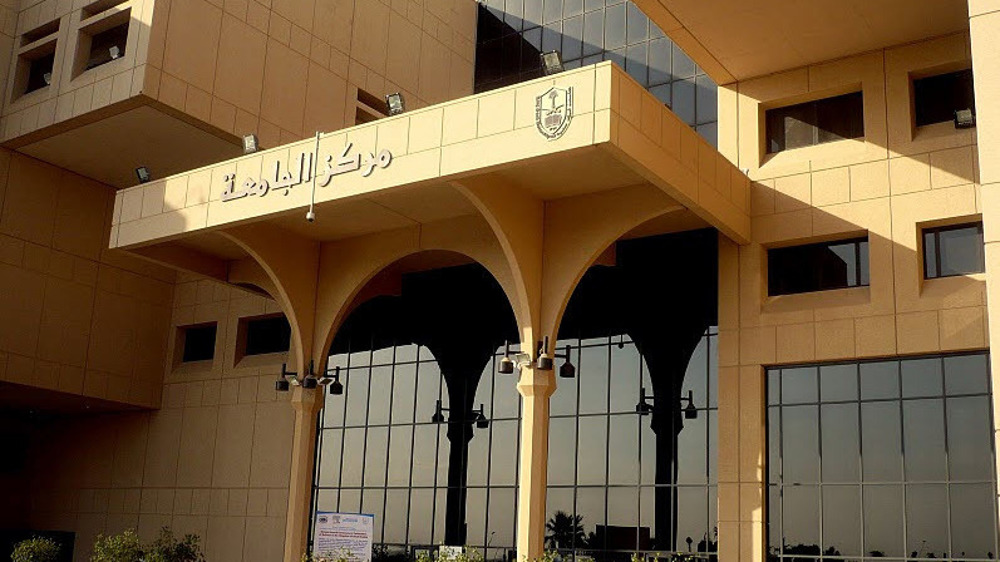
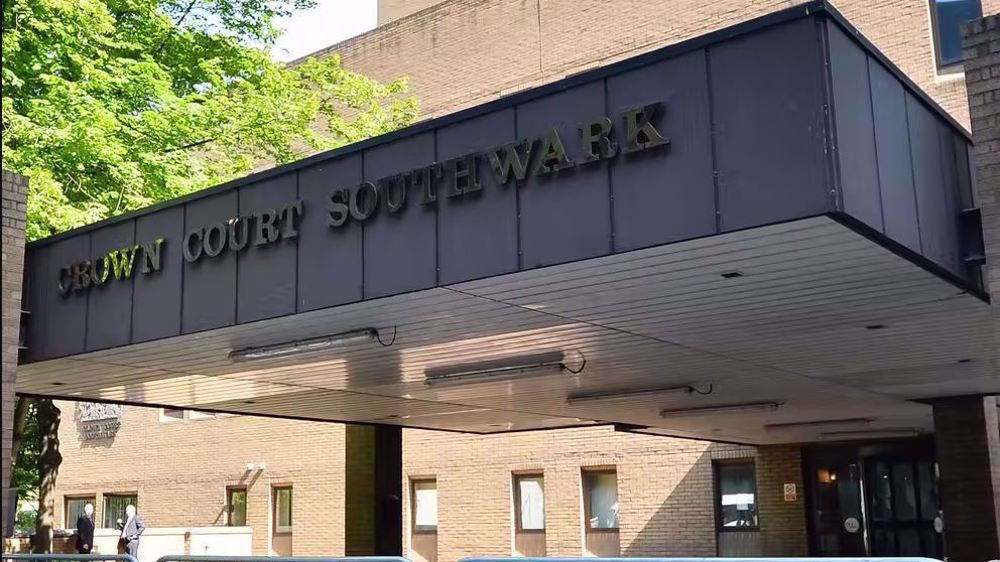

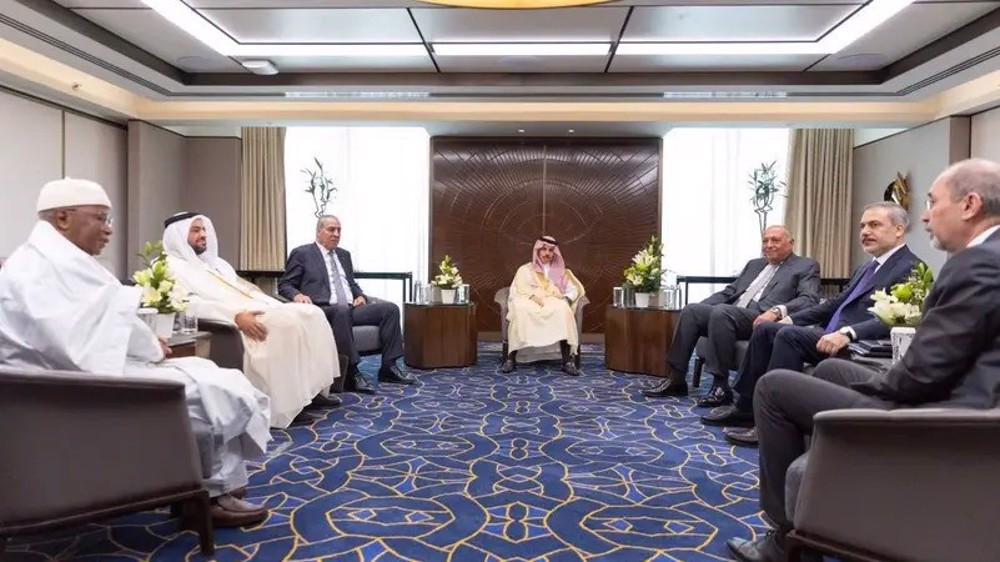
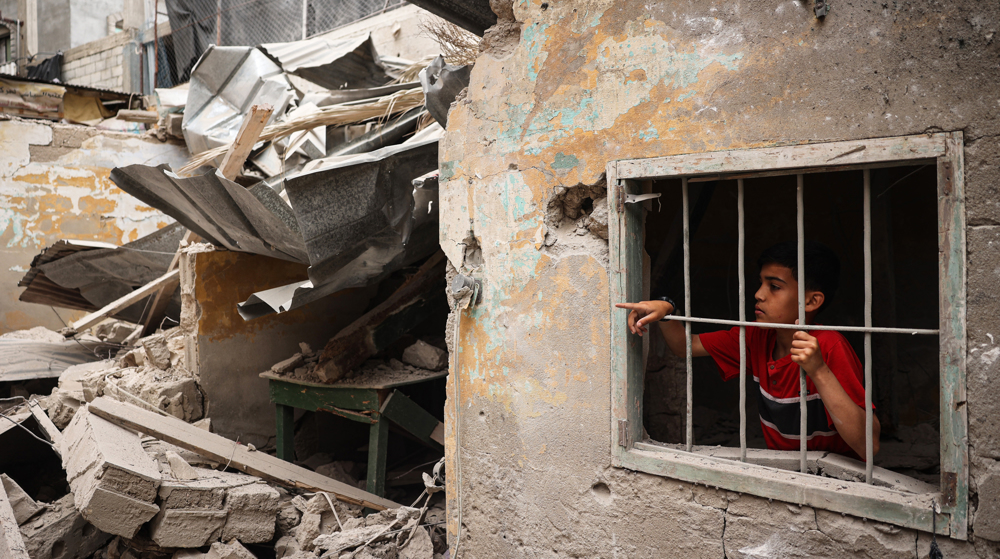



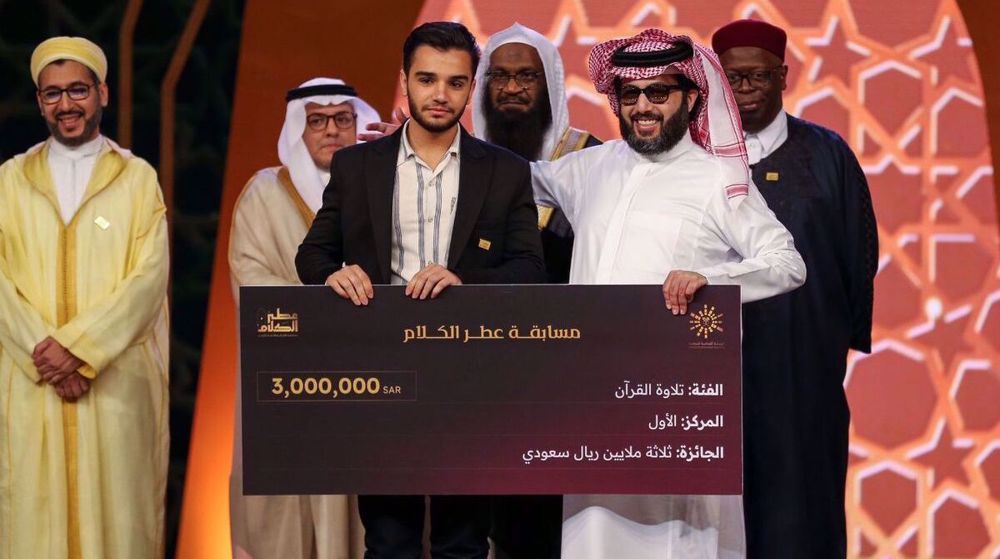
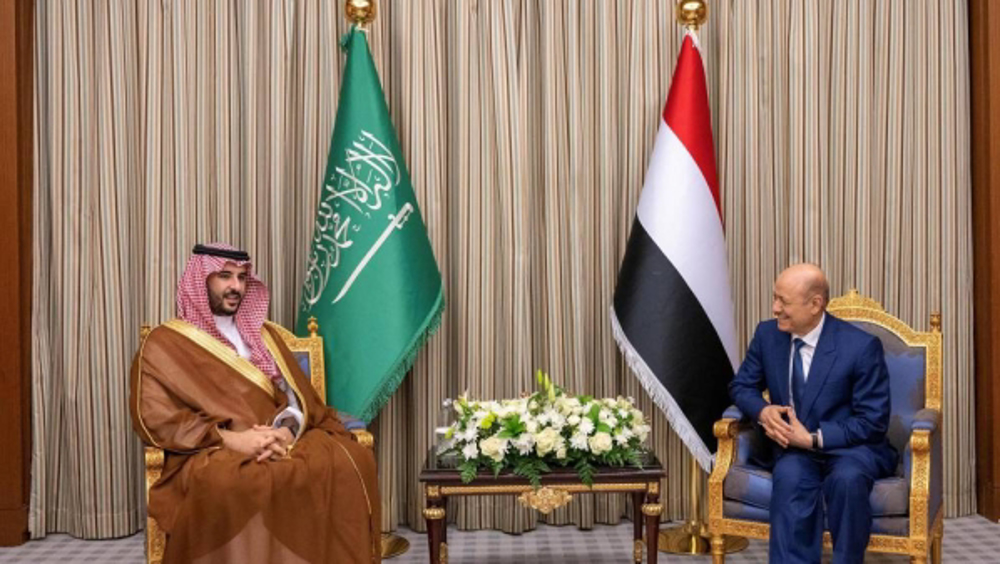
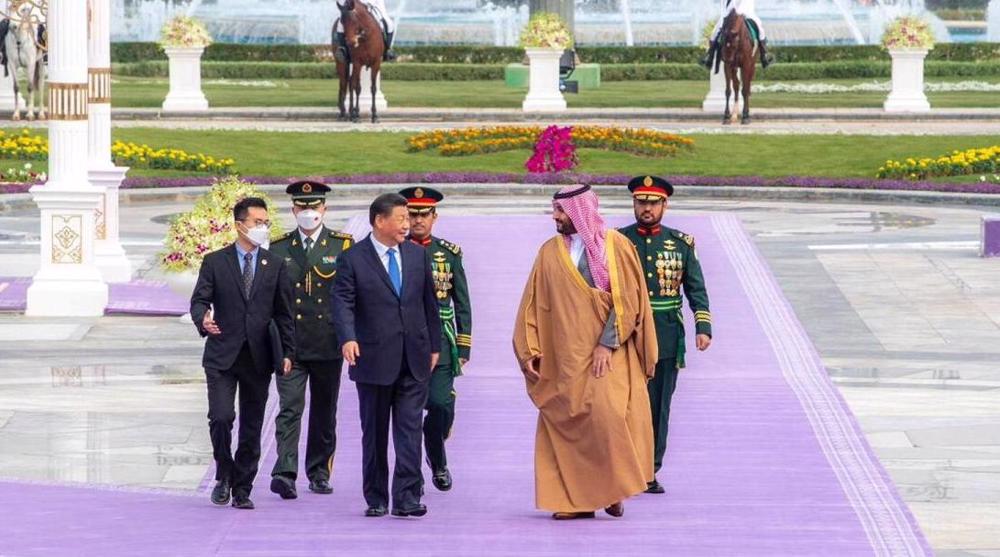
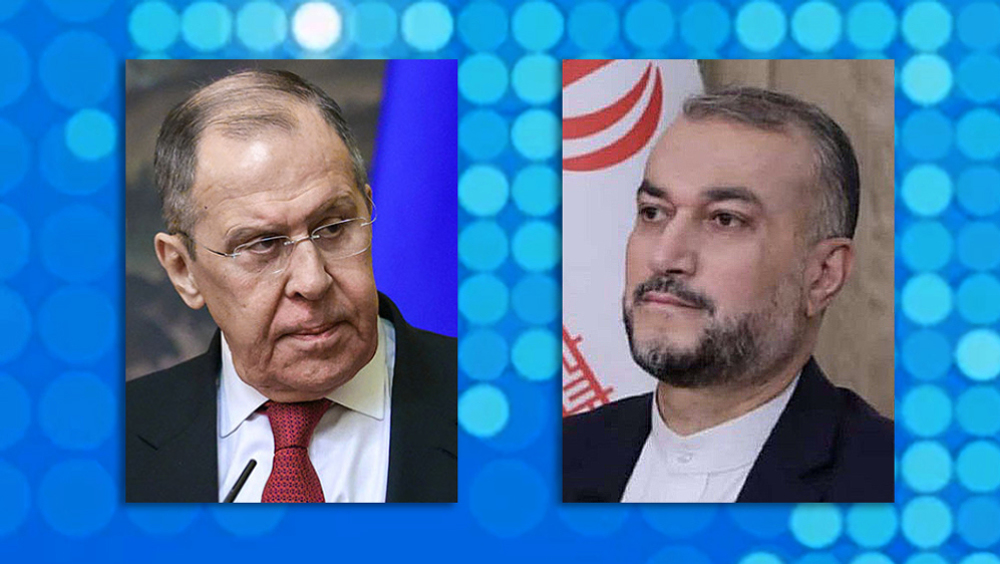

 This makes it easy to access the Press TV website
This makes it easy to access the Press TV website